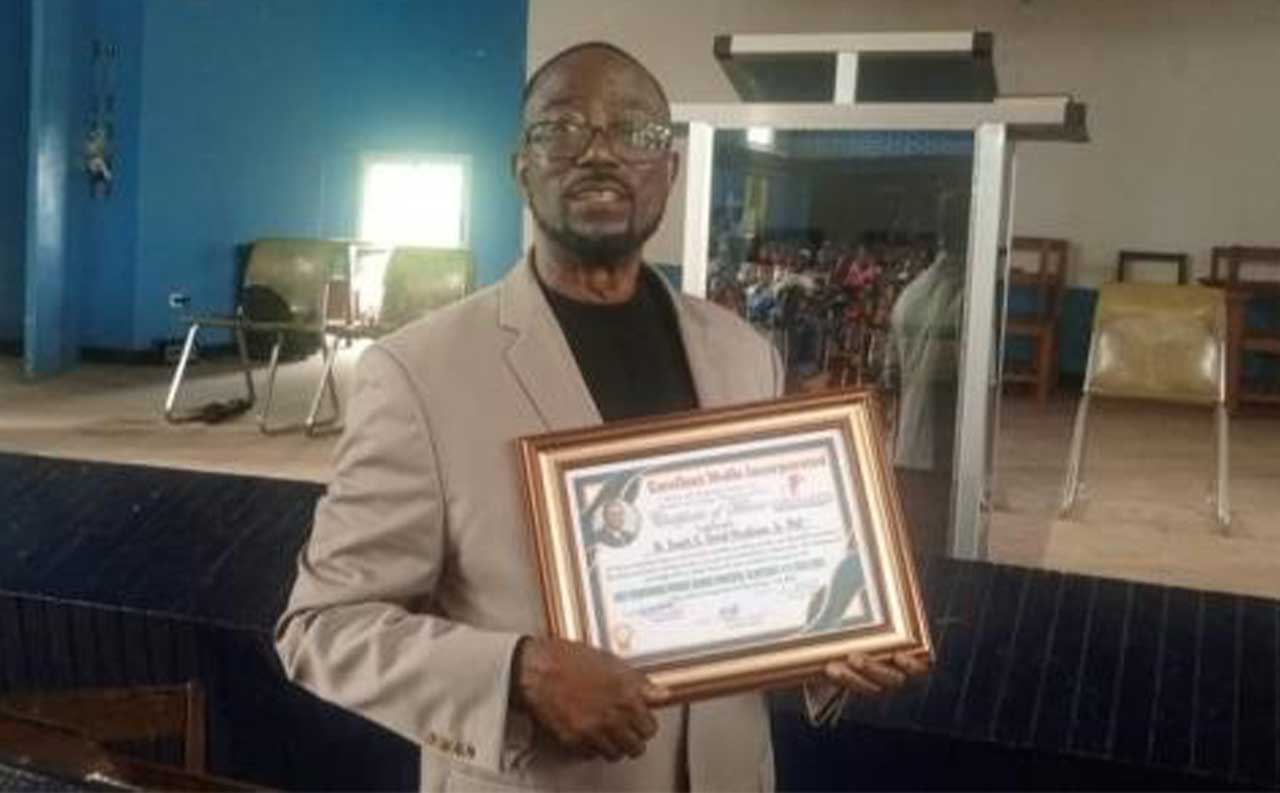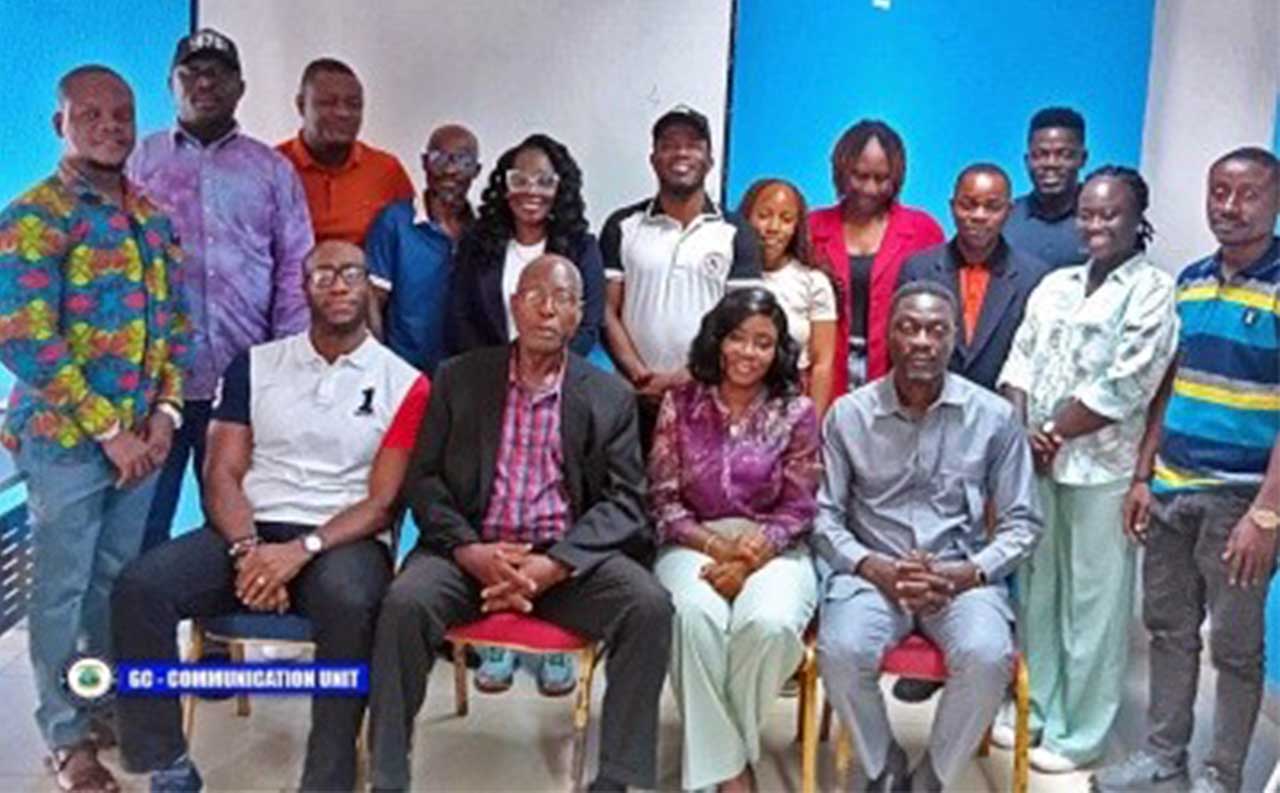The Principal and Chief Executive Officer of Ricks Mission Institute, Dr. Enoch G. David-Nyankoon, has cautioned the Government of Liberia to prioritize education through increased budgetary support and firm action against corruption.
Speaking at an event where Ricks Mission Institute was honored as the “Best School” in Brewersville, for its immense contribution to Liberia’s educational fabric, Dr. Nyankoon emphasized that Liberia’s future is being compromised due to chronic under-funding and systemic malpractice within the sector.
“Put more money in education to improve the output of the school system. The poor output of our system is ruining the future of our nation,” Dr. Nyankoon warned. He stressed that although some progress has been made in school enrollment, the overall quality of education remains alarmingly low due to the lack of trained teachers, inadequate facilities, and limited learning resources, challenges he attributes to mismanagement and weak oversight,” he stated.
Dr. Nyankoon did not mince words in condemning the deep-rooted corruption plaguing Liberia’s education system. He described the country as being trapped in a “culture of corruption” where funds intended for schools are misappropriated and where teacher recruitment and placements are often driven by favoritism and bribery rather than merit. “Liberia is the culture of corruption. If we don’t enculturate an act that will prohibit it, it will continue to ruin the future of the nation,” he lamented.
Highlighting the effects of this corruption, the Ricks Mission Principal noted that many high school graduates and university students now lack basic proficiency in English, Mathematics, and Science.
He said this educational decline is a direct reflection of the government’s failure to confront the systemic rot. As such, Dr. Nyankoon is urging the Boakai-led administration to make education a national priority by cracking down on corruption and channeling greater investment into the sector to secure the country’s future.
Currently, Liberia’s education sector is grappling with one of the lowest budget allocations in the national fiscal framework, with education often receiving less than 15% of the total national budget, far below UNESCO’s recommended 20%.
This inadequate funding has led to the deterioration of public schools, many of which operate without electricity, clean water, or sufficient teaching materials. Additionally, a significant number of schools in rural areas remain inaccessible, further widening the urban-rural education gap.
The lack of trained and motivated teachers remains a critical issue. According to recent Ministry of Education data, nearly 40% of teachers in public schools are not certified, and many resort to side jobs due to low and irregular salaries.
This has contributed to high teacher turnover, low morale, and declining classroom performance. Furthermore, Liberia continues to face a major learning crisis, with national standardized assessments consistently revealing that students in primary and secondary schools are performing far below grade-level expectations.
Despite efforts by the government and development partners, including international NGOs, to introduce reforms such as curriculum reviews, school feeding programs, and digital learning initiatives, the absence of strong monitoring and evaluation mechanisms has undermined sustainability.
Stakeholders have stressed the need for a holistic reform approach—one that not only increases funding but ensures transparency, promotes accountability, and involves local communities in managing school systems to ensure that education serves as a true engine of national development.



